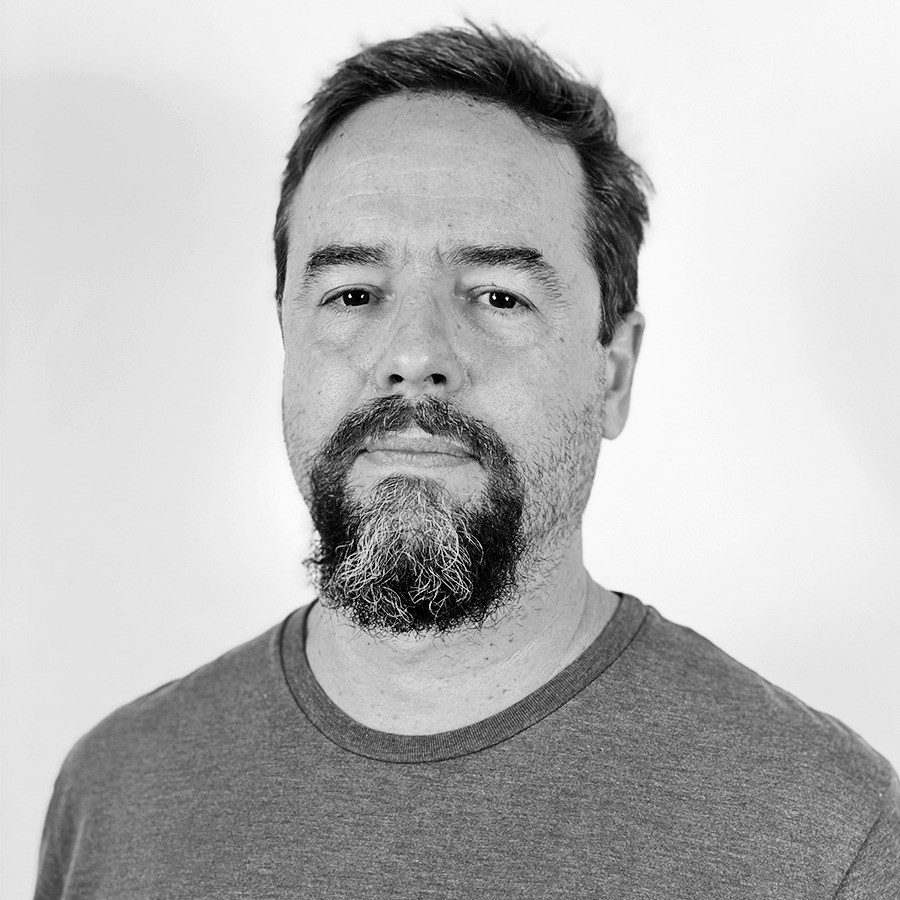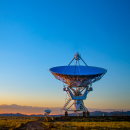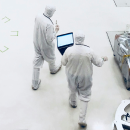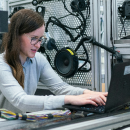
Herman Lima, from Brazil to Abruzzo to Develop Astra's Research
Let’s continue our journey into the human resources of the project by re-reading the words of Roberto Aloisio, Astra’s scientific director: “Human contribution to research activities, both theoretical and applied, represents the true added value”.
These words, although simple, hide many nuances:stories of people and organizations, large international collaborations and daily life, as well as technical skills, relationships within a multidisciplinary team and the ability to balance technological and human value.
Among the people called to fill numerous roles in Astra, we have talked to Herman Lima. Originally from Brazil with an education in electronics, Professor Lima worked in his country until last year. He was holding a permanent position at the Brazilian Center for Research in Physics (CBPF), where he coordinated a laboratory dedicated to the design and construction of position detectors. He also took part in neutrino detection experiments.
In December 2023, Lima won a scholarship as a Visiting Scientist with the NUSES space mission group at the Gran Sasso Science Institute. Later, in April of this year, he began a stable collaboration with Astra through a temporary research contract. The researcher, who hails from Rio de Janeiro, said: “My activities are linked to the development of customized electronic reading systems and data acquisition applied to space missions, particularly the NUSES mission. But I also have academic duties, such as supervising PhD students and faculty members in the GSSI PhD program”.
Like many other foreign researchers working on the project, Lima embodies one of Astra’s main goals: fostering interaction between scholars and scientists from different parts of the world with institutions and industrial partners in central Italy.
“I believe that Vitality and its Astra spoke represent an important opportunity to support space science projects based in Italy - says the Brazilian scientist - Space science is an expensive field of research, and it is impossible to progress efficiently without solid and stable financial support”.
Strong internationalization allows local systems and methodologies to permeate each other through continuous exchange. But what are the main differences between Brazil and European countries in this research field? “Although there is a solid and highly qualified body of researchers in Brazil, as here in Italy, I think the main difference is the amount of financial support provided by Brazilian government agencies. It is not enough. Due to scientific policies that often change along with governments, there is a lack of long-term continuity", Lima highlights.
His situation is emblematic of Astra’s team story, even for extra-scientific reasons. This is one of those cases where a researcher moves with is family to Italy in the city of L’Aquila. Here is where the GSSi headquarters are located. This change didn’t happen without any difficulty: “Moving to Italy with the family, including two children, is not an easy task,” he admits. “There is an excess of bureaucracy. It took more than six months to stabilize our situation, and we are still waiting for a few documents, which should arrive shortly".
Aside from the cumbersome bureaucracy, Lima seems to be doing well in the mountains of central Italy: “But the Italians, mainly in L’Aquila where we live, as well as the GSSI staff, have been very kind to us. This has certainly been a pleasant experience. Not to mention the excellent food and rich culture that we find in this country. So far, the balance is quite positive".
Improving both professional and human systems related to an international research project is crucial to its success. As we have pointed out many times, human resources are the most important asset even for high-tech projects.
Allowing such advanced profiles to leave their home country, even temporarily, and come to Italy to enrich space research is, in some way, an already accomplished goal for the “ecosystem” that Astra is part of.



